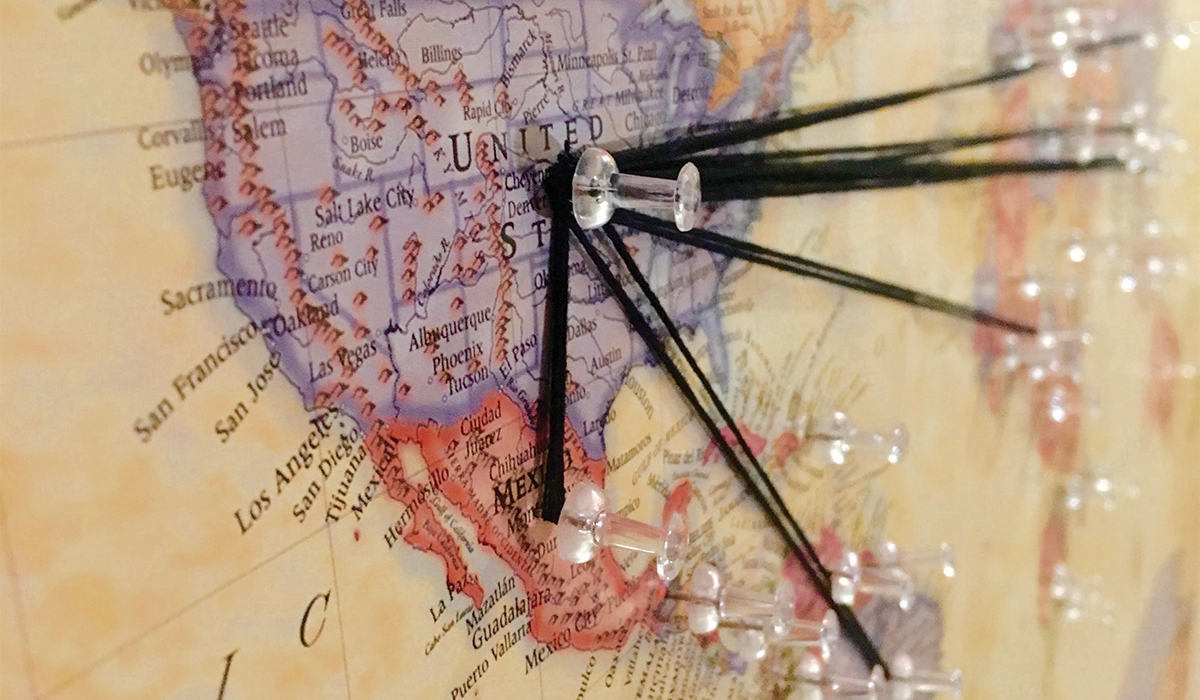The Power of Immigrants’ Personal Narratives
Deborah Van Duinen, Ph.D. | Associate Professor of Education
For Canadian-born Dr. Deborah Van Duinen, the topic of immigration hits close to home. She is especially attuned to the history and shifting demographics of Hope College’s hometown, Holland, Michigan.
“This is an immigrant town,” Van Duinen says. “I think sometimes we forget that.”
So when the opportunity arose to collaborate with an English professor to develop a pair of courses on that theme, Van Duinen’s curiosity was piqued. Stories of immigration are central to her research as an education scholar, and she is the program director for Holland’s Big Read, a community-wide reading program that in recent years has focused on the topics of immigration, identity and homeland.
“As an educator, I like to use fictional stories and memoirs as pedagogical tools to study narrative and language,” Van Duinen says. “I want my students to analyze the words and metaphors that we, and others, use when talking about immigrants, ‘the other,’ hospitality and borders, encouraging them to speak in ways that bring about communities of service, shalom and hope.”
She and Dr. Jesus Montaño, an associate professor of English who moved to the United States from Mexico when he was 3, teamed up on a project titled “The Power of Immigration and Acculturation Narratives to Cross Borders and Build Bridges.” They designed an English course and an education course focused on the topic. Each course will incorporate teaching modules with videos and narratives that tell stories of immigration and acculturation in the Holland area and at Hope.
Stories bind us together, and they do it in ways that news media can’t.
“Our goal is not just for students to read stories and narratives,” Van Duinen says. “but also for them to learn about and experience how people in our community are crossing borders.”
The professors’ two courses will build on one another. They plan to speak in one another’s classes, and together they created a list of shared texts and researched local organizations, such as Lighthouse Immigrant Advocates, to partner with. A student could take Van Duinen’s course as a freshman and complete their college career in Montaño’s senior seminar, though taking both is not required.
Montaño’s course debuted during this spring semester. Van Duinen is on sabbatical during the 2017–18 school year; she is likely to begin teaching her Encounter with Cultures course in fall 2018 or spring 2019. Their course planning was supported by a Mellon Grand Challenges Initiative Grant, which helps Hope faculty develop linked courses across academic divisions.
“There are a lot of misconceptions about immigrants,” Van Duinen says. “We want to challenge our Hope community to think deeply about these issues rather to hear only sound bites. The idea is that these topics and discussions don’t stay within our classrooms — we’re learning about this within the larger context of our community.”

